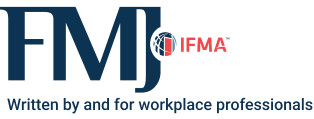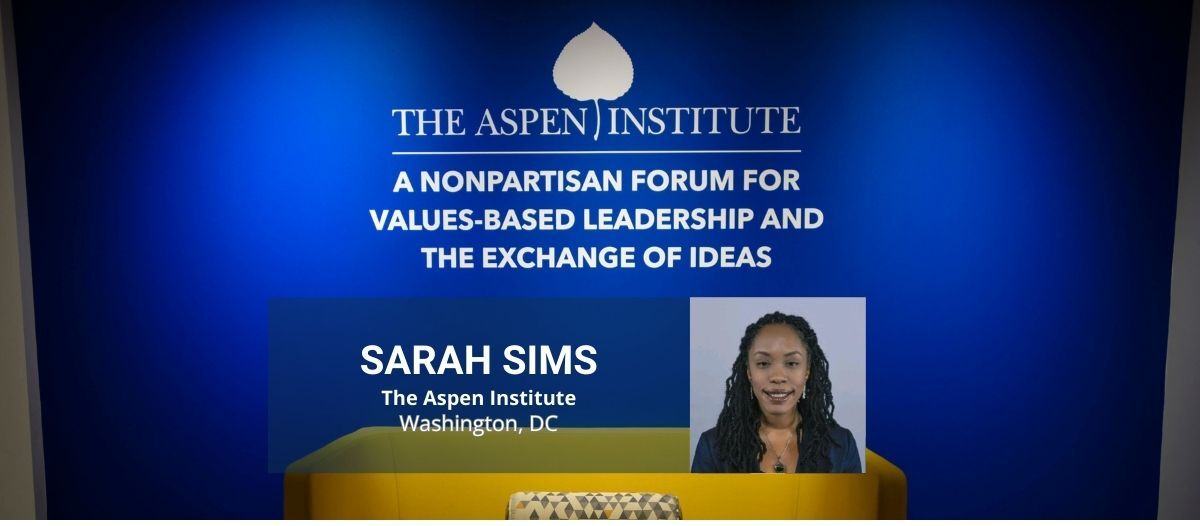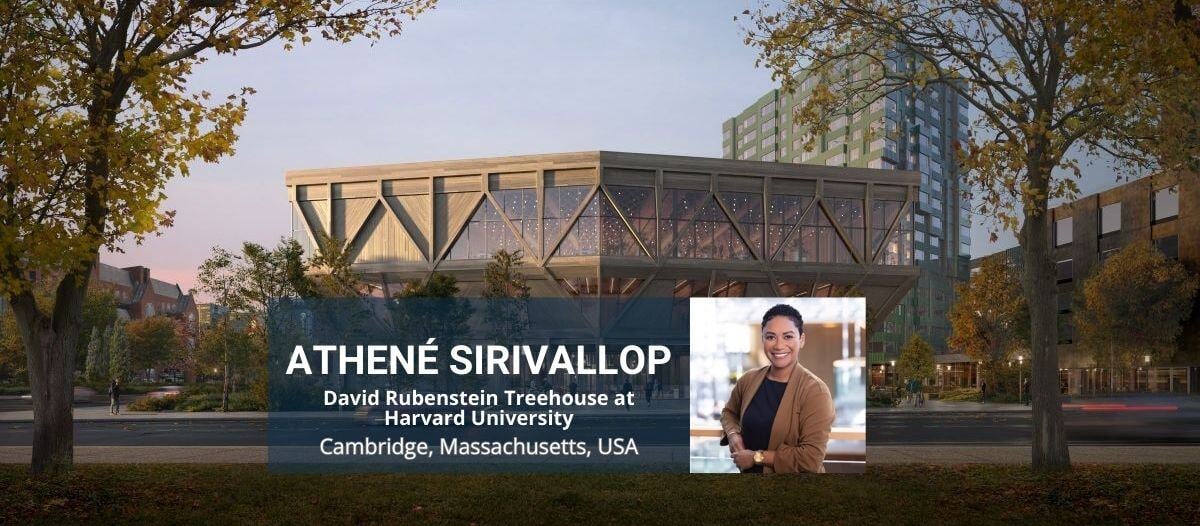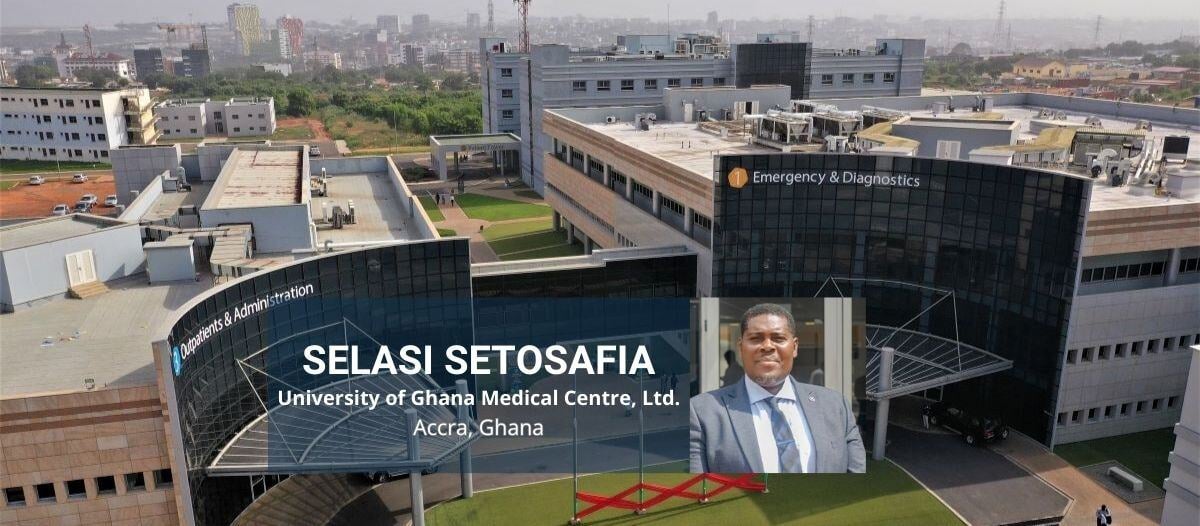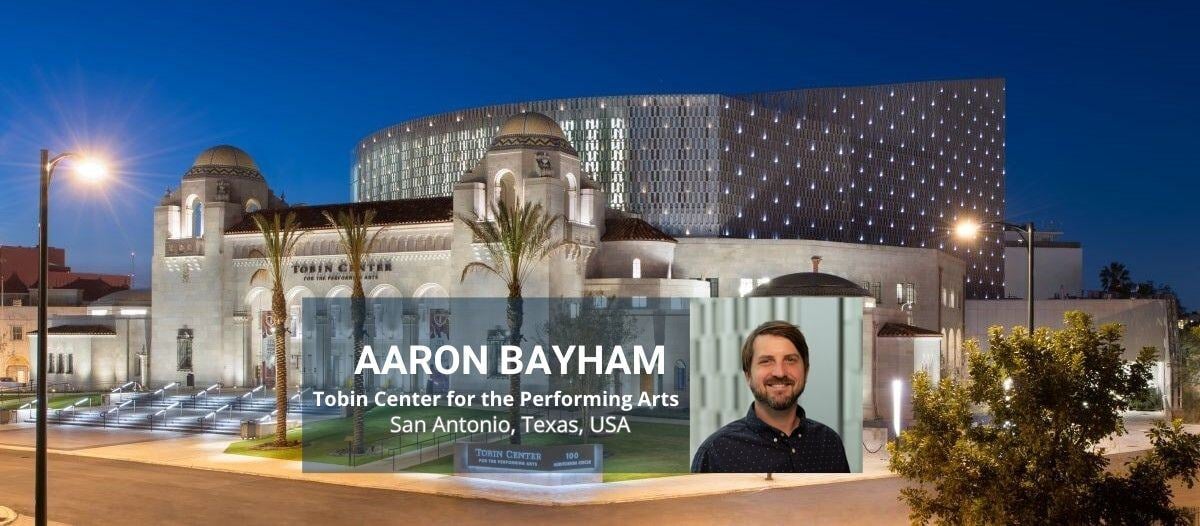 Tell us about yourself and how you got into FM.
Tell us about yourself and how you got into FM.
My career began with some aspects of FM in the early 2000s in parallel with events management. Working in the nonprofit sector requires you to wear multiple hats, which was great because it afforded me the opportunity to learn how to manage a facility while hosting events. I became intrigued by the complexity of FM when our organization experienced exponential growth. I quickly went from an office manager to a project manager, leading renovations, relocations and corporate real estate. Having to frequently accommodate new employees with a tight timeline, limited space and resources was challenging and exciting work.
 What is day-to-day life like at the Aspen Institute?
What is day-to-day life like at the Aspen Institute?
Our headquarters (HQ) in Washington, D.C., USA, is nearly 100,000 square feet and accommodates workspace for 450 employees, multiple areas for collaboration, along with 7,000 square feet of meeting and event space. Aspen is a convening organization with nearly 60 programs, so we are likely hosting meetings every single day in our event space. You can step off the elevator and see hundreds of people in conversation during a breakout session, then the next day find two dozen seated at a roundtable in deep discussion behind closed doors. We spend a lot of time engaging with employees. Our FM team responsible for supporting events is managing the conference center calendars, room configuration, thermal control, organizing vendors and in constant communication with building management. The FM team managing our office operations is also assisting with large mailings for off-site events, troubleshooting issues reported to our help desk and working with multiple vendors.
Why makes the Aspen Institute unique ?
The design of our HQ office built three years ago incorporates design features of our Aspen, Colorado, USA campus. When you step off the elevator you immediately see beautiful views of Georgetown and Rock Creek Park. These views can be seen throughout the workspace. Vibrant primary colors are combined with earth tones; and meeting attendees can spread out over a cool replica of an earth mound for intimate conversations.
Our workspaces are primarily open concept with no offices along the window line to allow for natural light to flow throughout the workspace. Thermal comfort for more than 100 people in a central location is next to impossible so we are constantly managing the temperature. Open-concept design primarily uses furniture to create an individual workspace. This has required our FMs to specialize in proper assembly and use of multiple pieces of furniture to support its functionality and meet workers’ unique ergonomic needs.
Tell us about your FM team.
Our small but mighty FM team of eight professionals support the office operations, which includes reception, security and surveillance, mail and distribution, printing technology, furniture procurement, ergonomics, office reconfigurations, relocations, vendor management and event services. We also partner with human resources to organize a wellness program called Wellness in the Workplace, which is a combination of on-site and virtual educational activities and resources supporting mindfulness, fitness and nutrition.
How are DEI and FM connected?
A facility speaks to and connects with people and their experience in the space. It can contribute to whether they feel welcomed, have their needs met and feel heard. When you look around at the various workspaces and who is seated inside of them, it can communicate who possesses authority, seniority, importance and access. We took into consideration how important communicating equity was when designing our HQ office. All our workspaces with a door are the exact same size, of the window line, and have similar furniture. It was important to keep offices away from the windows so all employees had exposure to natural light and outdoor views.
When we think about inclusion, facilities welcome people of all backgrounds who are going through different phases of their life journey. Understanding the needs of employees and guests and reflecting that in the facility speaks to the values of the organization and their commitment to diversity, equity, inclusion and access. It is the responsibility of the FM to make sure we are designing, maintaining and communicating that our facility supports the unique needs of our guests and employees. At Aspen, we have areas called Wellness Rooms that can be reserved for individual use. The rooms are equipped with supplies and used to take a break, pray, meditate or for a lactating mother to pump. Signage for our single restrooms are gender neutral and the doors to our workspaces are equipped with automatic openers.
How is FM shaping workplace culture?
Organizations are using the design and operations of their facilities to reflect who they are and how they get work done. When people walk through the front door and move throughout the space, the facility displays the vision of the organization, its brand identity and how people engage. Much of the work at Aspen calls for the employees to be intellectually curious and constantly in conversation with their colleagues. We have dozens of spaces throughout the facility where groups of all sizes can gather for conversations such as our café where we have spectacular views of the nearby park, whiteboard walls, vibrant indoor plants, and a mini market stocked with healthy grab-and-go snacks.
 How does security shape the way you are able to perform your day-to-day duties?
How does security shape the way you are able to perform your day-to-day duties?
With two of our locations being in high-risk security zones, we have multiple layers of security and protocols to protect our employees and guests. The FM team works closely with building management for physical security and our IT team for cybersecurity risks. We coordinate with meeting planners in advance of events to register guests and vendors with building management. With the pandemic, more steps to registration have been added such as health attestations and proof of vaccination or providing rapid tests for all visitors. Our floors and workspaces are only accessible with a security access card programmed by our FMs. These same cards have dual use providing access to copiers and printers ensuring only employees can reach our network. We also have surveillance cameras at each entry point and inside all our network and server rooms.
What are some FM challenges you face that are common across the FM industry?
One challenge I have faced is meeting the needs of the evolving modernized workplace and how technology is incorporated into every aspect of how people use the facility. The use of facility and real estate technology to manage the workplace experience requires an FM to be tech savvy. It is important for FMs to have basic level software and hardware training to identify scalable solutions.
Much of the FM technology we use is decentralized and lacks the ability to cohesively function. All our equipment and resources are tech enabled like copiers, printers, reservation and space management system, even the coffee machines. This means our employees must learn multiple platforms to meet their needs and the learning curve can be a challenge. If how to use the systems or equipment is difficult to grasp, employees will either avoid using it, or unknowingly damage the equipment. We try to address this by offering new employee training and micro video tutorials.
What do you like best about what you do?
There is so much I enjoy about my work in FM. I really enjoy how I get to nurture the human experience. All we do in FM contributes to how a person works, learns, explores and interacts with others. Successfully operating a facility also requires an FM to strengthen multiple skillsets such as communication, intuitiveness, leadership, project management, financial management, the list is endless.
Read more on My Facility
Explore All FMJ Topics




